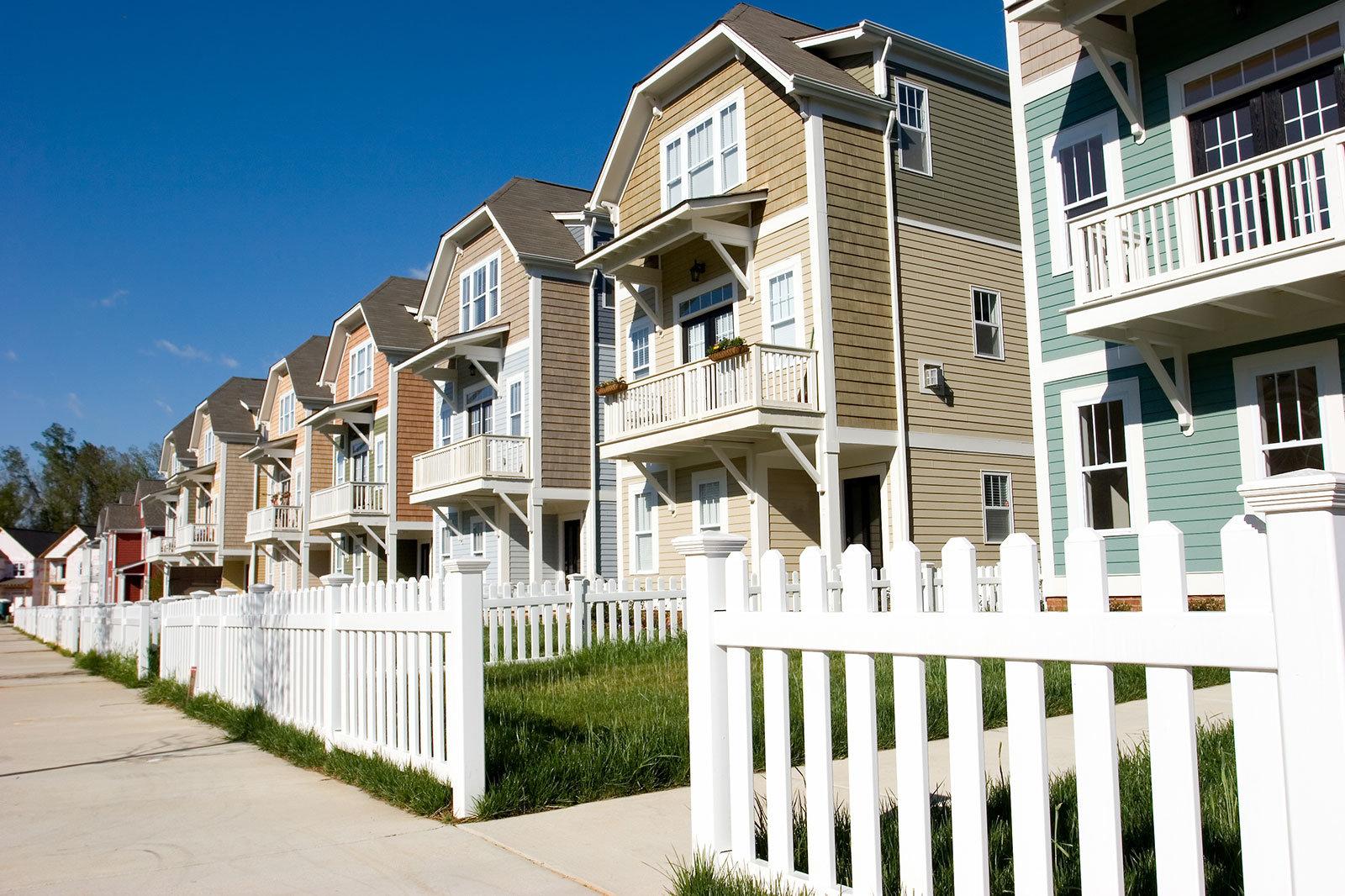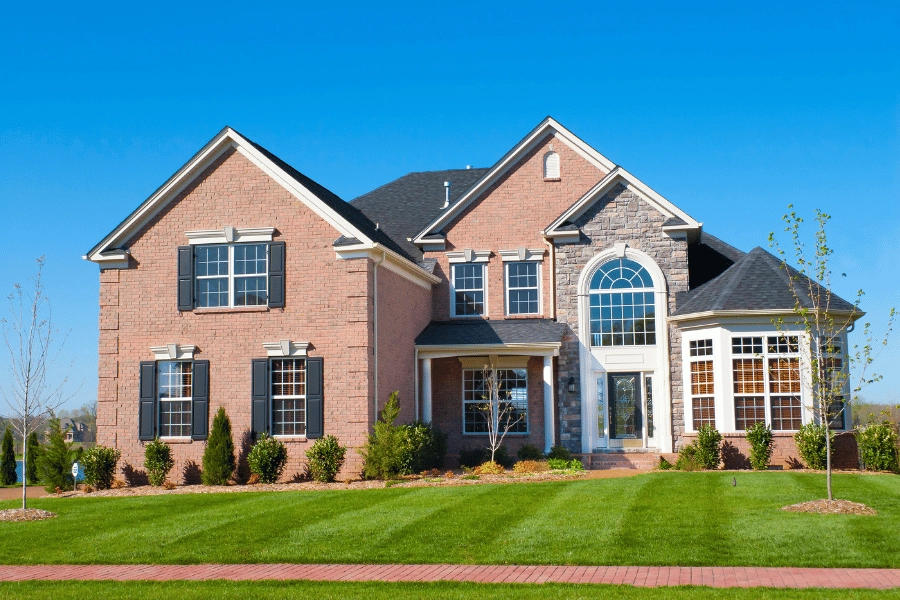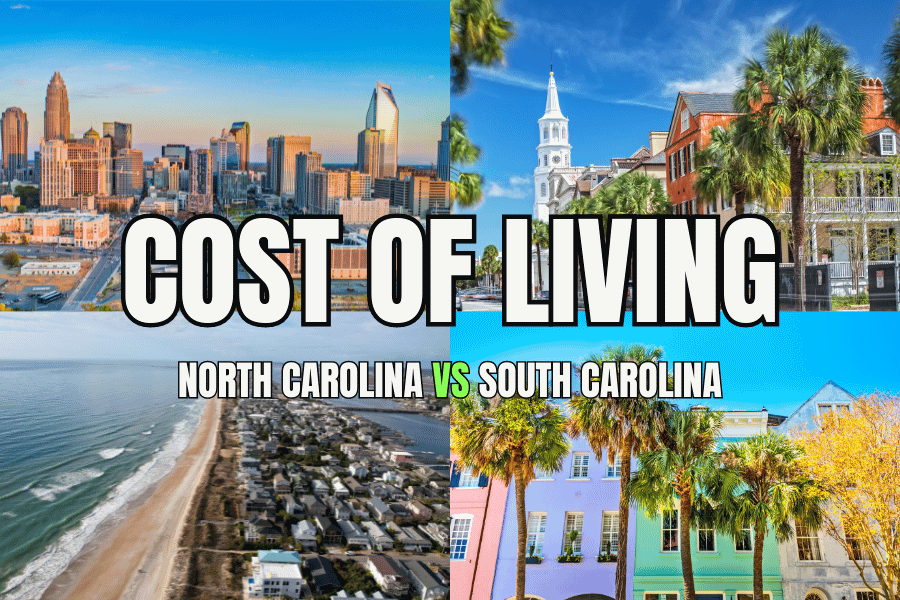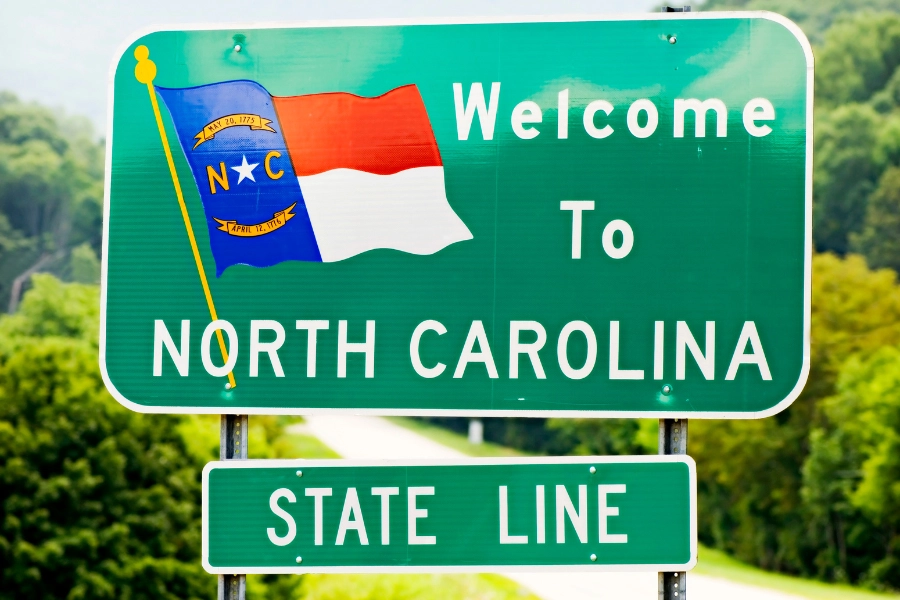Closing Costs in NC
Are you interested in learning more about closing costs in North Carolina? Here is what you need to know about closing costs if you are a homebuyer in NC.
Are you thinking of buying a home in North Carolina? If so, you'll want to be aware of the closing costs involved. Closing costs are the fees and expenses that you pay when you purchase a home, so it's important to know what to expect before you begin the home-buying process.
For many first-time homebuyers, these additional expenses can come as an unwelcome surprise, sometimes adding thousands of dollars to the amount needed at the closing table. Understanding North Carolina's specific closing costs is crucial for proper financial planning.
Unlike some states, North Carolina has unique regulations, customary practices, and fee structures that differentiate it from other markets. Whether you are purchasing a charming home in Raleigh or a coastal property in Wilmington, knowing what to expect can help you budget accurately and negotiate effectively.
In this comprehensive guide to closing costs in North Carolina, you will learn exactly how much you can expect to pay and what these closing costs cover. By the end of this article, you will be equipped with the knowledge to confidently navigate your North Carolina home closing.
This is what you need to know about closing costs.
1. How Much Are Closing Costs?
In 2025, the national average for closing costs is $4,661, but closing costs can change drastically from state to state. In Washington, D.C., for example, home buyers pay as much as 2.39% of the total sales price, while closing costs in South Dakota are 0.46%.
Fortunately, North Carolina's closing costs come in slightly below the national average at just 0.56% of the sales price. This means that the average closing cost for a home purchase in North Carolina is $2,480.
But what do these costs entail, anyway? Here is a quick list of some of the fees and taxes that we will cover a little bit later:
-
Title fees
-
Home appraisal fees
-
Home inspection fees
-
Transfer tax
-
Homeowner's insurance fees
-
Escrow fees
-
Loan origination fees
2. Closing Costs in North Carolina
So you’ve found your dream home in the Tar Heel State and submitted your offer. Now it’s time to cover the closing costs. In North Carolina, the buyer and seller are both responsible for a portion of the closing costs, but that does not mean there is no wiggle room.
In fact, a savvy buyer may even be able to negotiate with the seller to cover a portion of the costs. This is more common when the seller is eager to sell, but it can be a helpful bargaining tool in the negotiation process.
Additionally, if you are taking a loan to purchase the home, you may be able to ask your lender to cover the closing costs. Lenders do this from time to time as an incentive to get people to take out loans with them, which, unfortunately, means you will be paying a premium for the convenience.
Several factors influence the total closing cost amount:
- Loan type: FHA and VA loans often have different fee structures than conventional loans
- Loan amount: Larger mortgages typically mean higher lender fees
- Property location: Urban properties may have different title search costs than rural ones
- Lender choice: Different lenders charge varying origination fees and processing costs
- Property price: Higher-priced homes generate proportionally higher costs for percentage-based fees

3. Who Pays Closing Costs in North Carolina?
In North Carolina, closing cost responsibility is largely negotiable between buyer and seller, though strong market customs exist. Understanding these conventions can help you negotiate more effectively.
Typical Buyer Responsibilities:
- Loan origination fees and lender charges
- Home appraisal fee
- Credit report fees
- Home inspection costs
- Homeowners insurance premium
- Property survey (if required)
- Homeowner's association transfer fees
- Recording fees for the deed
- Prepaid property taxes and insurance (escrow setup)
Typical Seller Responsibilities:
- North Carolina excise tax (transfer tax)
- Title search and title insurance for the lender
- Real estate agent commissions
- Property tax prorations
- HOA fees up to closing date
- Attorney fees for the seller's representation
|
Closing Costs In NC for the Buyer Estimates based on the average price of a home ($320,000) in NC |
|
|
Home Appraisal Fee |
$300-400 |
|
Home Inspection Fee |
$300-500 |
|
Title Fee |
$300-600 |
|
Title Insurance Fee |
$800 (up to 0.25% of the total sale price) |
|
Homeowner’s Insurance Fee |
$2,951 per year |
|
Escrow Fee |
Varies |
|
Loan Origination Fee |
$800 (capped at 0.25% of the total sale price) |
|
NC Closing Costs for the Seller |
|
|
Transfer Tax |
$600 |
|
Excise Tax |
Varies from country to county |
|
Escrow Fee |
Varies |
|
Realtor Commission |
5.5% |
|
Mortgage Payoff |
Varies |
4. Title Fees and Title Insurance in North Carolina
Title-related costs represent a significant portion of your closing expenses, ensuring you receive clear ownership of the property without hidden liens or claims.
Title Search and Examination: Your closing attorney will conduct a thorough search of public records to verify the seller's legal right to transfer the property and identify any issues. This typically costs $150 to $400 in North Carolina.
Title Insurance: North Carolina requires two types:
- Lender's Title Insurance (required for mortgage transactions): Protects your lender against title defects. In North Carolina, rates are regulated by the state and calculated at $2.60 per $1,000 of loan amount for the first $500,000, then decreasing rates for higher amounts. On a $320,000 loan, expect to pay approximately $832.
- Owner's Title Insurance (optional but recommended): Protects your equity in the property. This is typically purchased simultaneously with the lender's insurance at a discounted rate. For the same $320,000 purchase, simultaneous owner's coverage might add another $400 to $600.
North Carolina uses a regulated rate system, so title insurance costs are consistent regardless of which title company or attorney you use. However, some attorneys include certain title services in their flat fee, so always ask for itemized estimates.
The final step for buyers in the title process is to have the new deed recorded in the county’s records. This will require the buyer to pay a one-time recording fee. The recording fee in North Carolina varies by the property’s county. This costs around $26 for the instruments and $64 for the deeds of trust and mortgages.
5. Home Appraisal Fee
The home appraisal fee is another closing cost that is the buyer’s responsibility. Appraisals are done by a third party and are a valuable asset in determining the true value of the home you’re looking to buy.
When obtaining a mortgage, your lender will require a professional appraisal to verify the property's market value. In the Raleigh area and throughout North Carolina, appraisal fees typically range from $300 to $400 for a standard single-family home.
The appraisal fee is typically paid upfront, either at the time of application or shortly after your loan is approved. This is a non-refundable expense, even if your loan doesn't close or the appraisal comes in lower than expected.
Factors affecting appraisal costs:
- Property type: Condos and townhomes are usually less expensive than single-family homes
- Property size: Larger homes or those on extensive acreage cost more to appraise
- Location: Rural properties may incur higher fees due to travel time and fewer comparable sales
- Complexity: Unique properties or homes with unusual features require more time
.png)
6. Home Inspection Fee
A home inspection is another cost that is well worth it for a buyer.
While not technically a closing cost since it's paid before closing, the home inspection is a crucial expense for North Carolina buyers. Home inspection costs in the Raleigh area typically range from $300 to $500, depending on the home's size, age, and type.
These inspections protect your investment and can provide negotiating leverage if significant issues are discovered. North Carolina is a "caveat emptor" (buyer beware) state, meaning sellers aren't required to disclose all property defects, making thorough inspections especially important.
Inspectors identify and estimate the costs of potential problems with some of the most important infrastructure in the property you’re looking to call home. Inspectors will typically look at the following:
-
Foundation
-
Gas and water lines
-
Heating and central air conditioning
-
Roof and rainwater management
-
Attic and insulation
-
Water heater
-
Basement
This means you can negotiate with the seller to fix any problems that might arise or potentially subtract these costs from your purchase price.
7. Homeowner’s Insurance Fee
Lenders require homeowners' insurance before closing, and you will typically need to pay the first year's premium upfront at closing. In North Carolina, average annual homeowners insurance premiums cost $2,951 for a standard policy, though this varies significantly based on:
- Location: Coastal properties face much higher premiums due to hurricane risk
- Home value: More expensive homes cost more to insure
- Coverage amount: Higher coverage limits increase premiums
- Deductible: Higher deductibles lower premiums
- Home age and condition: Older homes or those with outdated systems may cost more
- Claims history: Your personal claims history affects rates
The Triangle area generally sees lower rates than coastal regions. It's wise to shop around with multiple insurance providers before closing, as rates can vary by hundreds of dollars annually for identical coverage.
Despite the costs, homeowner’s insurance is an absolute necessity. Not only will this protect your investment from nature’s wrath, but it’s also often required if you’re paying for your home with a mortgage.
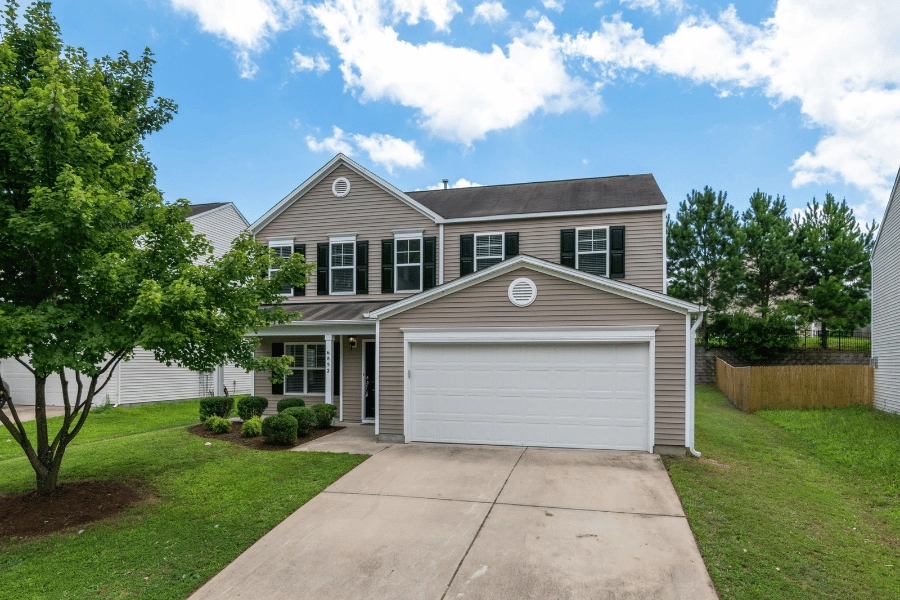
8. Transfer Tax
Transfer taxes are a tricky beast. In North Carolina, transfer taxes can be charged by the state, county, and city, or even all three. In fact, there are even seven counties that impose an additional excise tax when a property is sold. Those counties are…
-
Camden
-
Chowan
-
Currituck
-
Dare
-
Pasquotank
-
Perquimans
-
Washington
North Carolina imposes an excise tax on real estate transfers, calculated at $1 per $500 of the sales price (or 0.2% of the purchase price). On a $400,000 home, the excise tax equals $800.
Traditionally, the seller pays this tax in North Carolina, but like most closing costs, it's negotiable. The tax is collected at closing and paid to the county register of deeds when the deed is recorded.
It's worth noting that North Carolina's transfer tax is relatively modest compared to many other states. Some states charge rates exceeding 1-2% of the purchase price, making North Carolina's 0.2% rate quite reasonable.
9. Closing Costs with a Mortgage
Now that you know what to expect from both a buyer's and seller's perspective, let's move on to the specific closing costs with a mortgage. If you’re a cash buyer in NC, you can skip this section, as many of these fees do not apply to you.
U.S. Census data estimates that that are more than 1.6 million housing units in the state of North Carolina with a mortgage, while just under 1 million are mortgage-free.
When financing your North Carolina home purchase, mortgage-related fees typically represent the largest category of closing costs. Here's what to expect:
Loan Origination Fee: Most lenders charge 0.5% to 1% of the loan amount to process and underwrite your mortgage. On a $320,000 loan, this equals $1,600 to $3,200. Some lenders advertise "no origination fee" loans but often compensate with higher interest rates.
Discount Points: These are optional upfront payments to reduce your interest rate, with each point costing 1% of the loan amount and typically reducing your rate by 0.25%. Points can make sense if you plan to stay in the home long-term.
Credit Report Fee: Lenders charge $25 to $50 to pull your credit from all three bureaus.
Flood Certification: Required to determine if the property is in a flood zone, typically $15 to $25.
Tax Service Fee: Ensures property taxes are paid to protect the lender's interest, usually $75 to $100.
Underwriting Fee: Some lenders charge a separate underwriting fee of $400 to $900 in addition to the origination fee.
Prepaid Interest: You'll pay interest for the period between closing and your first mortgage payment, calculated as a daily rate times the number of days remaining in the closing month.
North Carolina allows lenders to charge various processing, administration, and documentation fees, which can add several hundred dollars. Review your Loan Estimate carefully and question any fees that seem duplicative or excessive.
.png)
10. Escrow Fees
At closing, you will establish an escrow account (also called an impound account) where your lender holds funds for property taxes and insurance. There are a number of different types of escrow accounts available to homebuyers.
The most common escrow account homebuyers encounter is set up by lenders to collect yearly tax and homeowner’s insurance payments. This allows buyers to make monthly payments that the lender pays out at the end of every year. Many homeowners find it easier to pay into an escrow account monthly over making larger payments once a year.
Other funds that could be held in escrow accounts include:
-
Deposits
-
Down payments
-
Title insurance
-
Attorney fees
-
Holding and distribution fees
-
Private mortgage insurance
-
Realtor fees
11. Recording Fees and Government Charges
North Carolina counties charge fees to record your deed and mortgage documents in public records. These fees vary by county but typically include:
- Deed recording: $26 for the first 15 pages, then $4 per additional page
- Deed of trust recording: $64 for the first 35 pages, then $4 per additional page
- Additional government fees: May include state and local taxes beyond the excise tax
In Wake County (Raleigh), expect total recording fees of approximately $100 to $150 for a standard transaction. These are fixed costs you cannot avoid or negotiate.
12. Additional Potential Closing Costs
Depending on your specific situation, you might encounter these additional fees:
Property Survey: If the lender or title company requires verification of property boundaries, surveys cost $300 to $800 in North Carolina. Some sellers provide existing surveys that may be acceptable if recent.
Courier and Wire Transfer Fees: Expedited document delivery and wire transfers of funds can add $50 to $150 to closing costs.
Notary Fees: While your closing attorney typically includes notarization, some documents may require additional notary services at $5 to $10 per signature.
Home Warranty: Though optional, many buyers purchase a $400 to $600 home warranty policy for peace of mind during the first year of ownership.
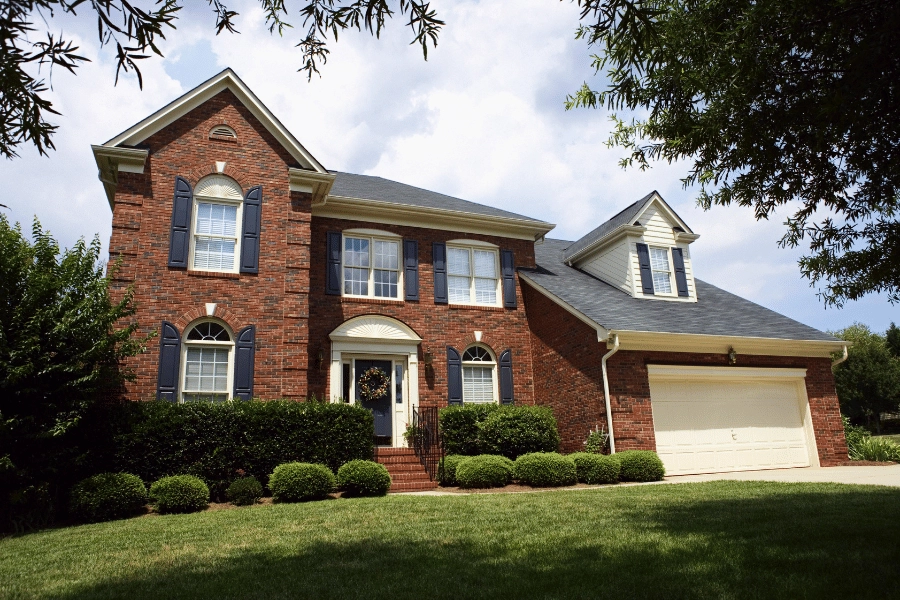
Methodology
Data was sourced from Bankrate and the North Carolina General Assembly to determine closing costs in North Carolina.
FAQs
Who Pays Closing Costs in North Carolina?
Both the buyer and seller are responsible for paying closing costs in North Carolina. Some of these costs can be negotiated, so ask your realtor to determine where you may be able to save some extra money.
Who Pays the Transfer Tax in North Carolina?
The seller is responsible for paying the transfer tax in North Carolina. Though this costs around $640 on average, there are sometimes extra excise taxes levied on the seller, depending on the county.
Is North Carolina a Buyer Beware State?
North Carolina is a buyer-beware state. This means you need to always do your own research when you are purchasing a new home. Do not skip things like inspection fees, title searches, or appraisal fees, because they could lead to some serious problems.
Are You Ready To Close On Your New House?
Navigating closing costs is one of the final challenges in your North Carolina home-buying journey, but armed with knowledge, you can approach closing day with confidence rather than anxiety.
Ready to start your home search in Raleigh or the surrounding Triangle area? Contact Raleigh Realty today to work with experienced professionals who will guide you from your first showing through your final closing signature.
